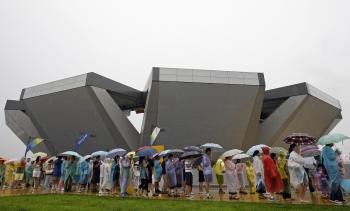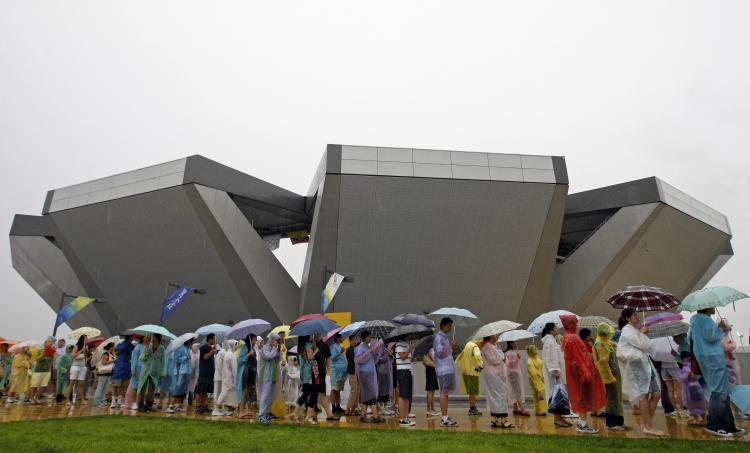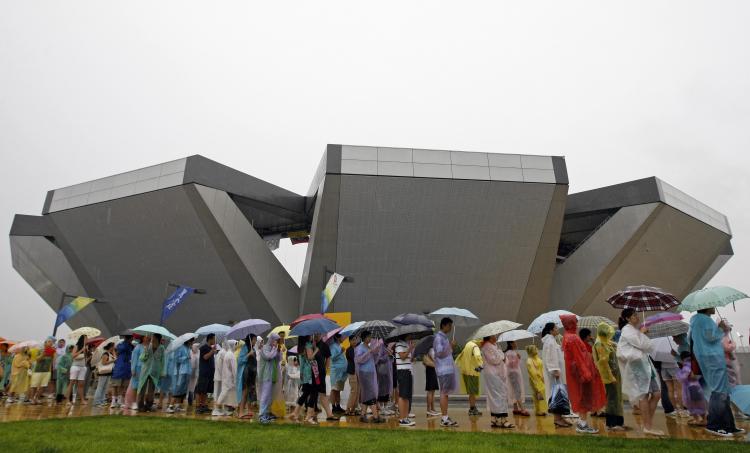Beijing has put a lot of effort into ensuring food safety and quality during the Olympics; however food is hard to come by at games venues, spectators say.
“Sold out” is often heard at concession stands at games venues this August and when they’re not sold out, the foods on offer are dissapointing. A mix of saltine crackers, dry instant noodles with no hot water provided, plain bread rolls and potato chips, describes one reporter for the Wall Street Journal.
The Beijing Organising Committee for the Olympic Games (BOCOG) “and its partners work hard to provide [spectators] with delicious, high-quality and healthy food,” said Emmanuelle Moreau, a spokeswoman for the International Olympic Committee (IOC).
According to the reporter for the Wall Street Journal, before the opening ceremony began the only food available were buns with a slice of bacon, some mayonnaise and ketchup. At a beach volleyball event that ran until midnight, all food was sold out by the time the session kicked off at 6p.m.
Adrian Warner, a journalist for the BBC, said in his blog he decided to take in a basketball game as an ordinary spectator and was “appalled by the terrible food available to fans.” He said London would need to set a new Olympic trend on catering in 2012.
“It was either fast food or a packet of crisps and a sad-looking sausage. The friends who came with me, and hadn’t eaten, were very disappointed.”
Mr Warner said the basketball arena was impressive but “all they could buy was popcorn, a small sausage on a stick or biscuits and tasteless ice cream. There is one media restaurant in the venue, I’m told, but you have to order your meal 24 hours in advance!”
Senior advisor, Jeff Ruffolo of Bocog says concessions stands are “not a delicatessen” and serve only basic food found at any sporting stadium. The food shortages were attributed to isolated cases of heavy rainfall, widely spread out venues and lack of cooking facilities at the dazzling new Olympic venues.
Venue rules forbid spectators from bringing in food that could be thrown, which blankets all food. Corporate sponsor McDonald’s don’t have concessions stands inside venues but operate two restaurants outside in the main Olympic Green. This doesn’t help spectators much, who spend long hours inside venues and cannot re-enter once they leave.
Food safety and quality in Beijing has been a question of concern recently after domestic journalists and editors were issued a 21-point edict by the propaganda bureau. One alarming directive ordered journalists not to report on “all food safety issues, such as cancer-causing mineral water.”
Olympic Food Embarassment: Fans Hungry, Disappointed
“It was either fast food or a packet of crisps and a sad-looking sausage. The friends who came with me, and hadn’t eaten, were very disappointed.”


8/17/2008
Updated: 10/1/2015





